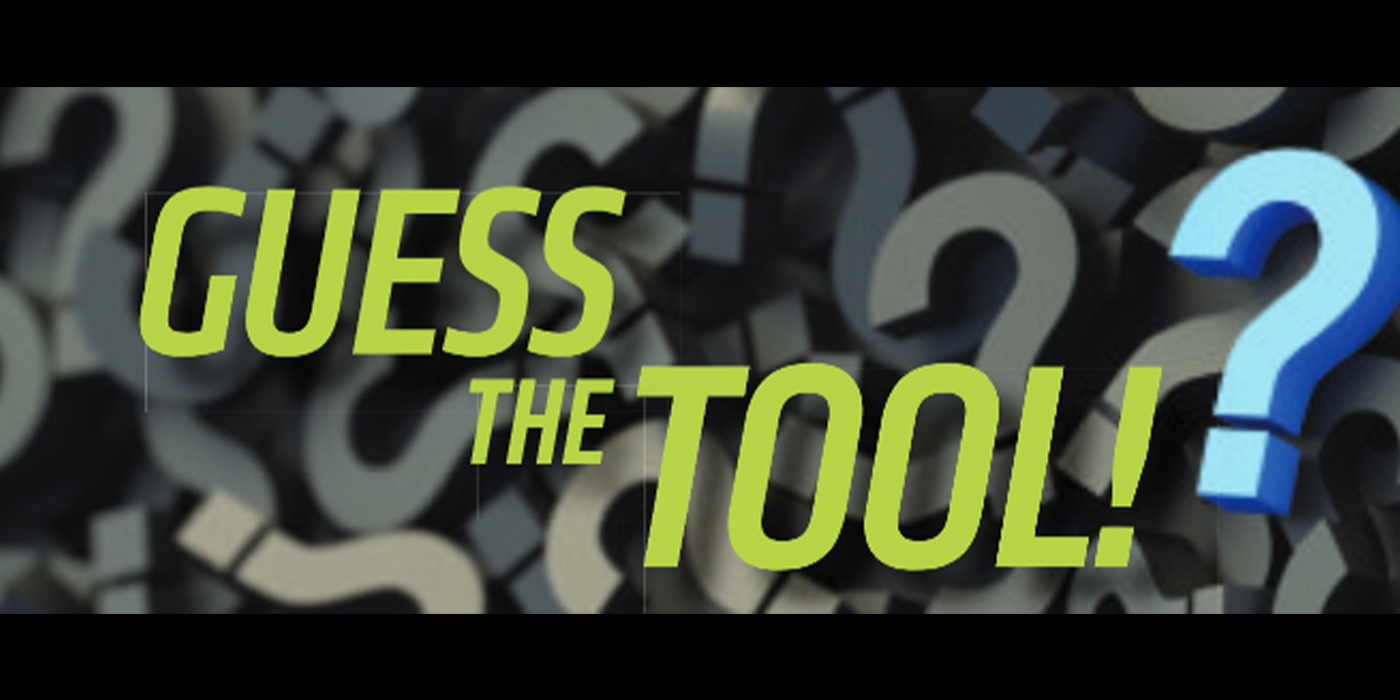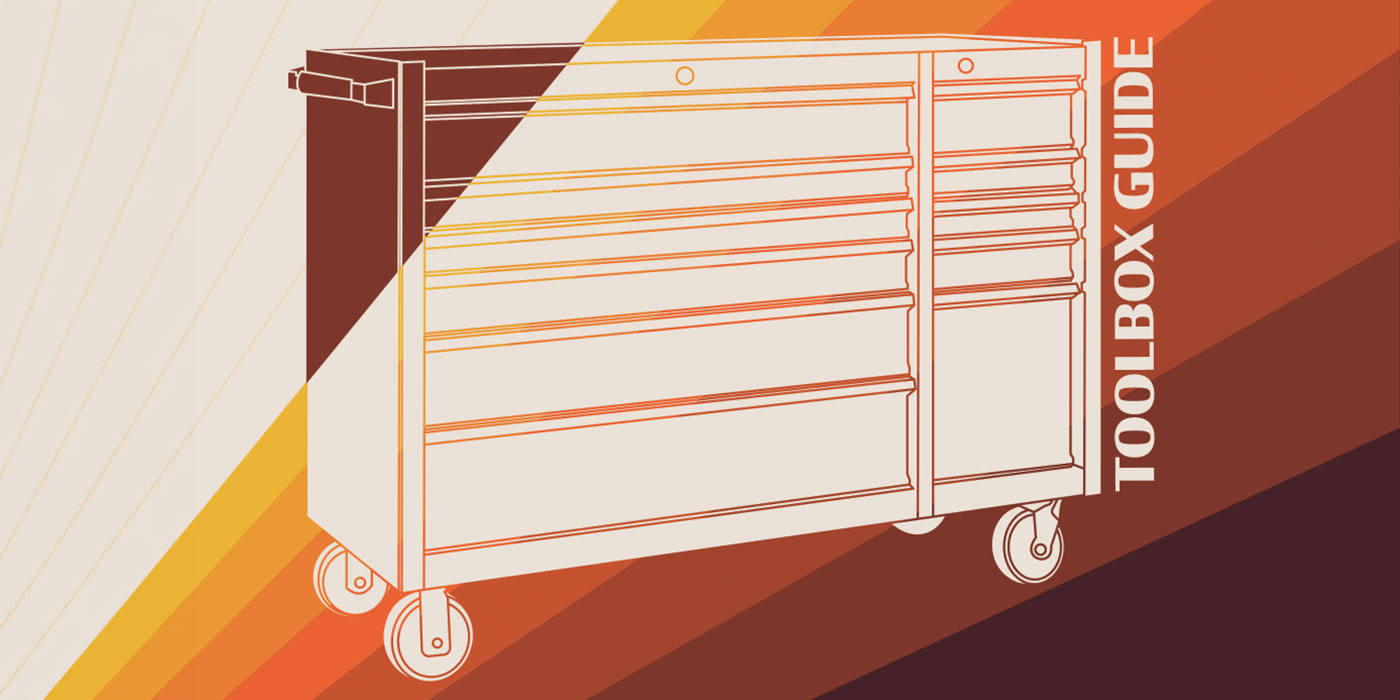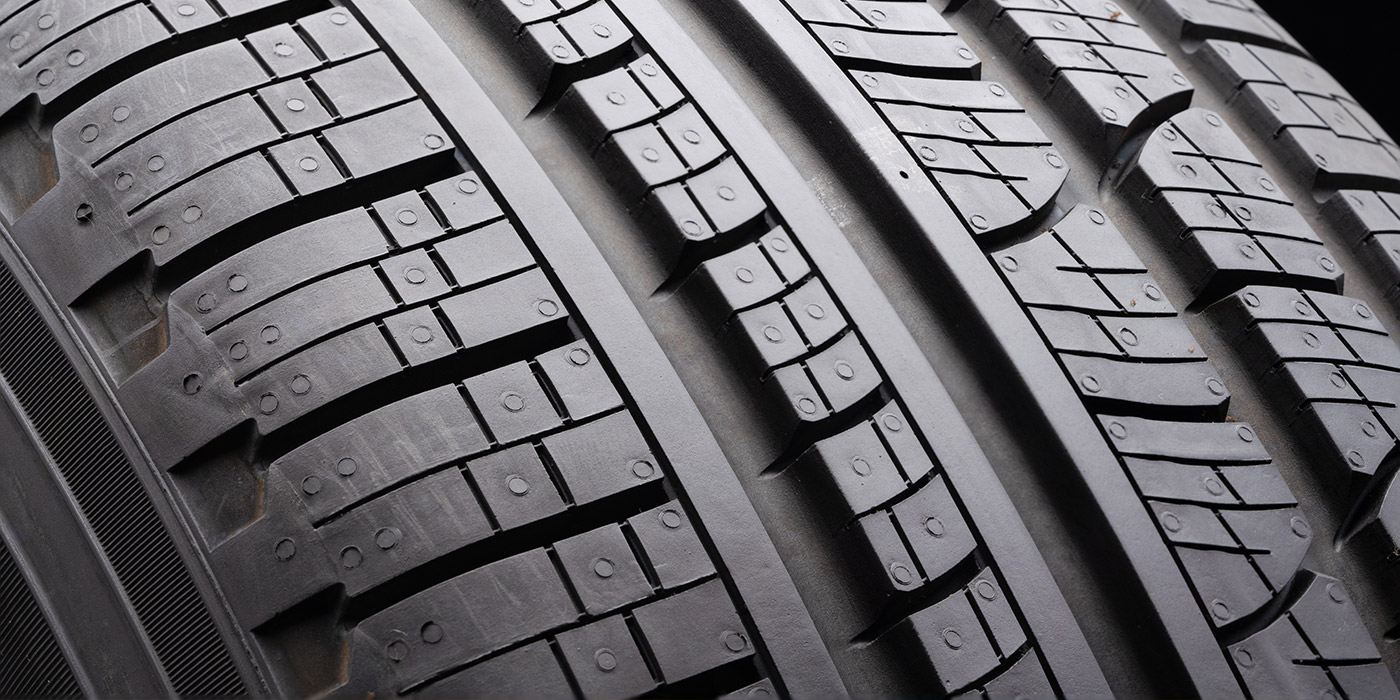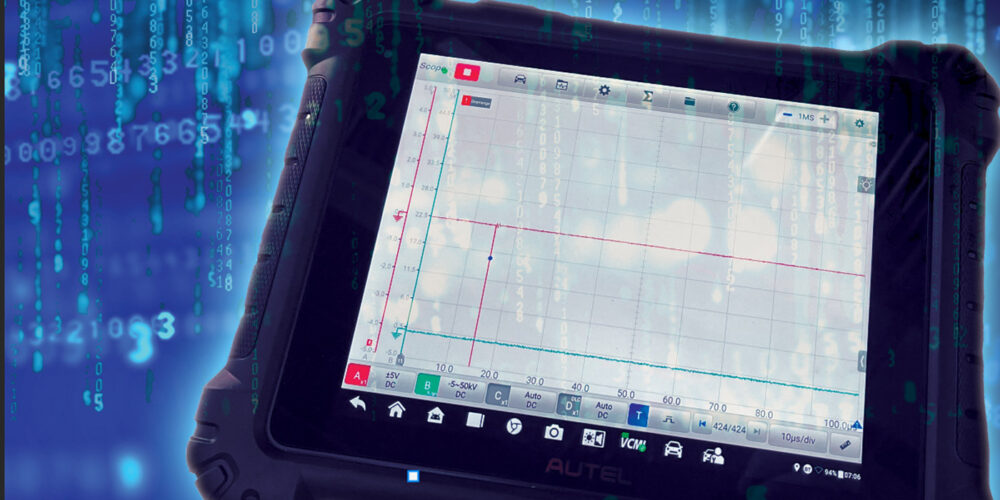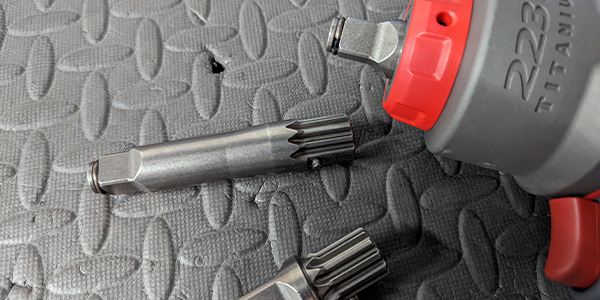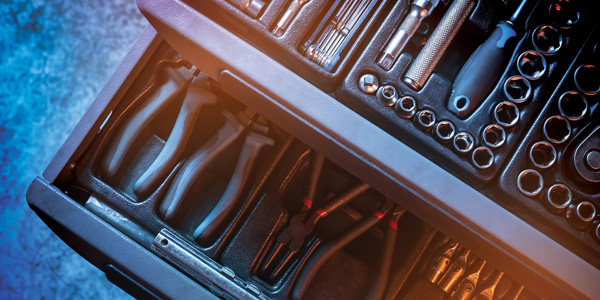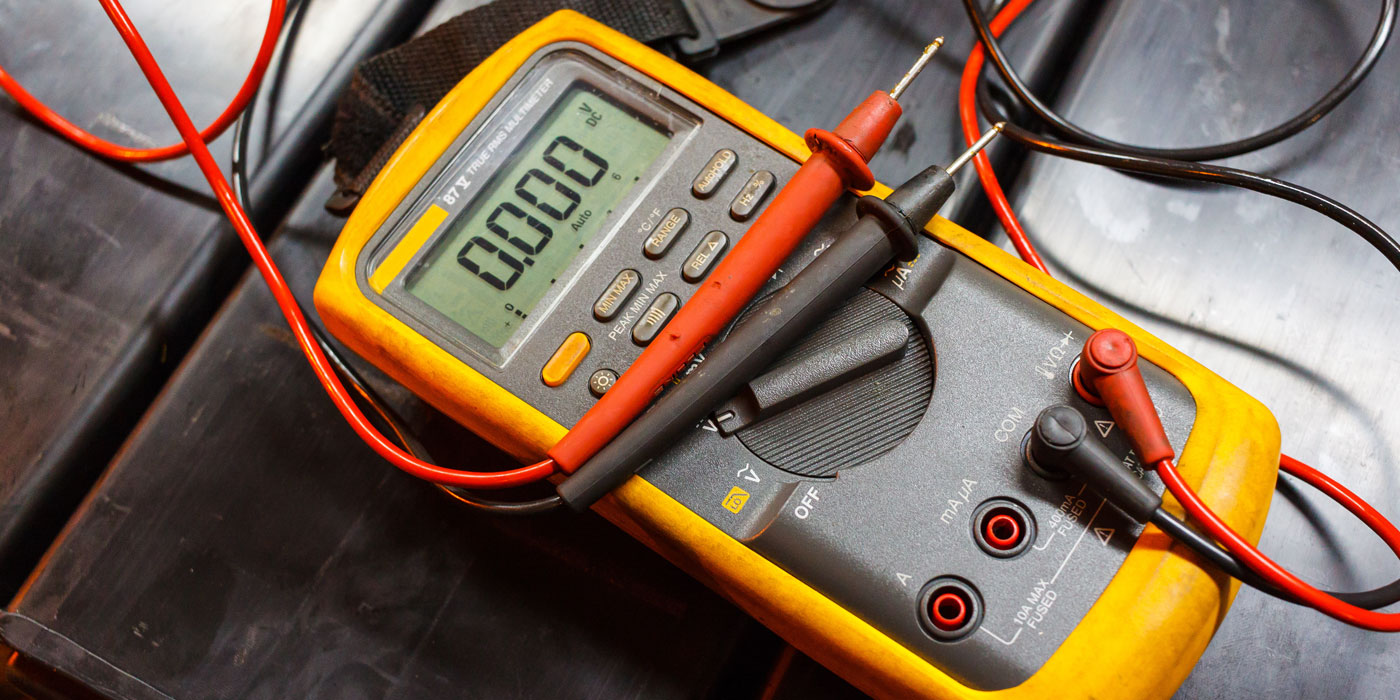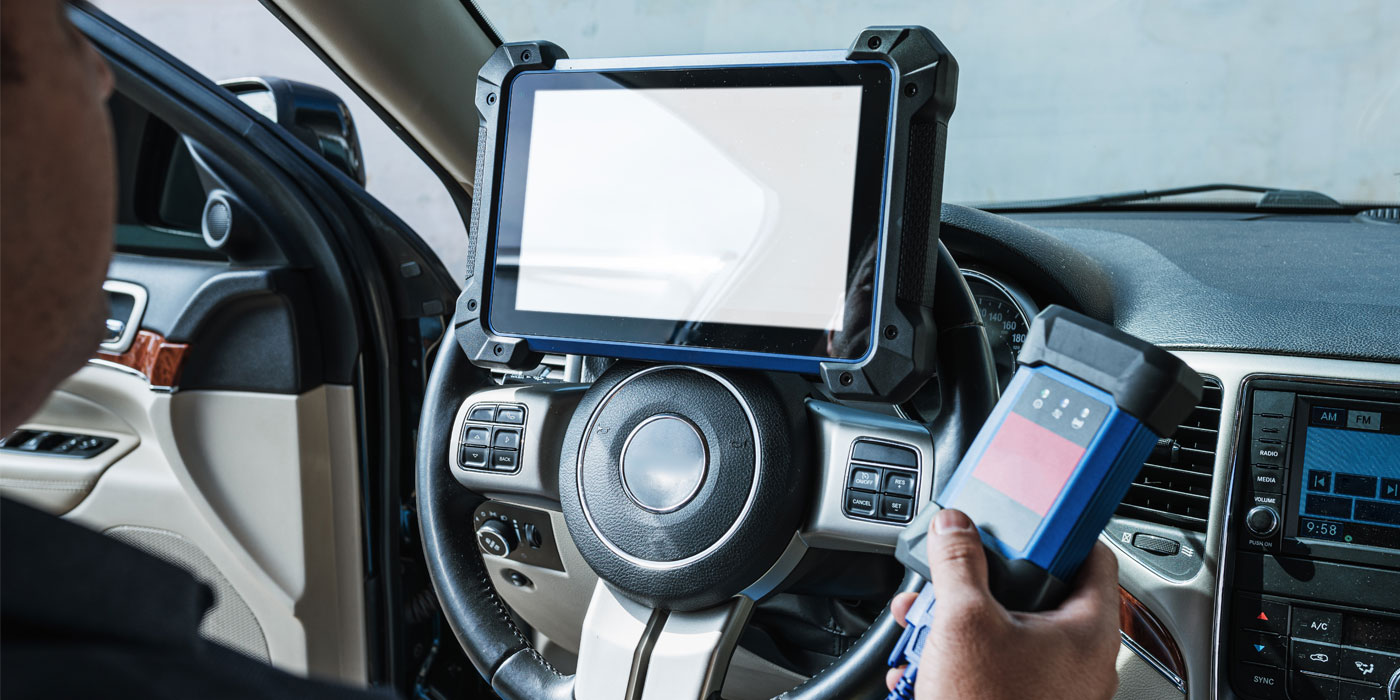By Bob Cooper
If you speak with most shop owners, they’ll tell you that they think their shop is worth "X" amount of money. Ask them how they came up with that number, and they’ll tell you it’s based on what they heard another shop sold for, or it’s predicated on their annual sales. But, if you really want to know what your shop is worth, first of all, forget everything you’ve heard about “goodwill” and the fact that you have thousands of names in your database. That’s icing on the cake, but it’s not something a buyer can take to the bank. And although there is some value associated with some franchise names, there are two things that are most important to a buyer: the “tangible assets” and the “income history.”
Tangible assets are things like real estate, cash in the bank, secured receivables, inventory and equipment. To put it another way, these are the assets that buyers could turn into cash if they had to. When you’re establishing the value of your inventory and equipment, bear in mind that the actual appraised value may very well be far less than what you originally paid. So tangible assets are always number one. In regard to “income history”, we all know that past performance is no guarantee of future performance, yet the substantiated income history of a company is what buyers can use to forecast earnings. And don’t forget: The amount of money the “company” made does not include any income you’ve drawn out of the company as a salary. The company’s income is the amount remaining after all expenses, including your salary, have been considered. So imagine you’re looking to buy a shop, and let’s say the tangible assets are worth $400,000. In addition, let’s say the shop has a history of generating $100,000 in annual income after all expenses, and let’s say the owner has been drawing a salary of $80,000. So if you were to buy that shop, how much would you be willing to invest? Well, only you can answer that question, but I hope you take these 6 points into consideration:
1. If you were to liquidate after you purchased, how much could you sell the assets for? I call this the “street value” of assets.
2. How long has the company been in business, how long have the key employees been with the business, and what’s the probability that these key employees will stay on once you buy?
3. What is the probability of the company continuing to earn the same $100,000 in annual profits, and for how long?
4. In regard to the $80,000 salary the owner was taking, would you be willing to do what he or she does for the company for the same amount? Or will you be able to hire someone to do that job for the same or less?
5. If you were to invest the same amount of money in any other business or investment vehicle, would you receive a better return?
6. What are the terms of the purchase price? You may be better off to pay a higher price in return for a lower down payment, good financing rates and a non-compete.
So, how do you establish the value of your business? Not by the icing (goodwill and number of names in your database), but by looking at it through the eyes of both a banker and a buyer.
For help building a more successful auto repair business, learn more about the 1-on-1 coaching and customized action plan offered through the Elite Coaching Program.

